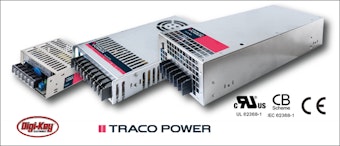Is your company ignoring the major new European Union environmental directives because you don’t export product to Europe, and you don’t believe that you’ll be affected? If so, think again, say industry experts.
It’s true that the Restriction of Hazardous Substances (RoHS) directive and the related Waste of Electrical and Electronic Equipment (WEEE) directive will impact only products used in and shipped into the European market. But it won’t be long before similar rules hit the books all around the planet, many believe—in effect, creating a global de facto environmental standard that is certain to impact companies everywhere, on all levels of the supply chain.
“This is absolutely a worldwide concern. Japan and China are both coming out with their own versions of these regulations, using very similar language [to that used in the EU]. And there are many U.S. states that are coming out with this,” says Eric Karofsky, a senior research analyst with Boston-based AMR Research Inc.
WEEE is set to take effect on Aug. 13 this year, and requires manufacturers of products in any of 10 broad categories—from large and small appliances to computers to lighting equipment to electric tools—to pay for collecting and recycling those products at disposal time. RoHS, which takes effect July 1, 2006, will restrict use of certain hazardous materials in electrical and electronic products.
See the story that goes with this sidebar: Getting a Handle on RoHS































